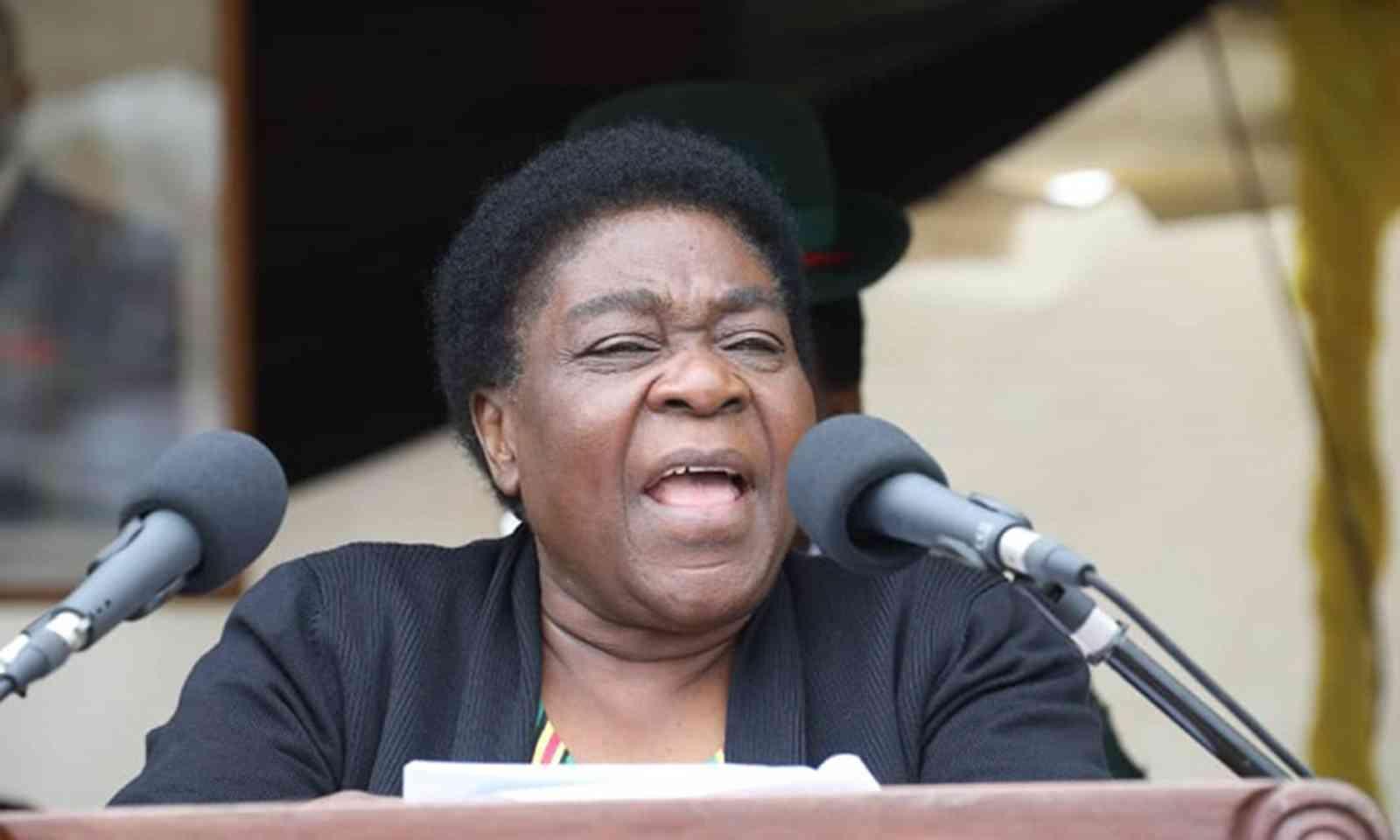Africa-Press – Zimbabwe. BULAWAYO Provincial Affairs and Devolution minister Judith Ncube has urged Parliament to prioritise industrial revival in Bulawayo.
She made the remarks yesterday during the national pre-budget seminar for 2026 at the Zimbabwe International Trade Fair held under the theme Enhancing Drivers of Economic Growth and Transformation Towards Vision 2030.
As part of her welcome remarks, Ncube said Bulawayo’s legacy as Zimbabwe’s industrial capital remained etched in locals’ identity, yet they face the reality of a manufacturing sector that has experienced significant contraction.
“Many of our industrial facilities have reduced their operations in Bulawayo and or temporarily closed, leaving skilled workers eager for opportunities to contribute to national productivity,” she said.
Fundamentals remain exceptionally strong as the city possesses skilled human capital, recoverable infrastructure and an unbiased strategic location for industrial and commercial activity, the minister added.
“Therefore, we respectfully submit that this year’s national budget presents a critical opportunity to prioritise the industrial sector through targeted allocations, incentive packages and infrastructure rehabilitation programmes.
“Such an investment would not only restore our provincial economy, but also significantly contribute to national GDP and employment creation.”
Historically famed as the country’s industrial nerve centre over the years, Bulawayo has experienced rapid de-industrialisation over many decades as Zimbabwe’s economy nose-dived.
Speaking at the same event, Speaker of the National Assembly Jacob Mudenda said as they crafted a budget for the future, they should be guided by the immutable truth that “one must cut the suit according to the cloth”.
“One must cut the suit according to the cloth. This enduring axiom encapsulates the compelling challenge of prudent budgeting through embracing the cardinal principle of economy,” he said.
“Fundamentally, budgetary decisions are about resource-distributive justice, where success is measured not by the aggregate sum that is appropriated, but by the equitable and just distribution of the resources within Zimbabwe’s statecraft architecture.
“The constitutional framework designates Parliament as the supreme guardian of the public purse by vesting inhumanity.”
Added Mudenda: “The new parliamentarians, the unassailable and non-delegable authority in exercising prudentiality over the nation’s purse strings.
“Section 298 of the Constitution mandates with crystalline clarity that no public funds shall be withdrawn from the consolidated rights of the national revenue fund, except through the explicit parliamentary appropriation.”
Mudenda said as the people’s representatives, parliamentarians should exercise ultimate control over how public financial resources are deployed for national development.
“This authority demands that… every allocation be scrutinised by yourselves through the prism of national interest, developmental impact, constitutional compliance and citizen centricity.”
Mudenda said to enhance budget oversight, promote accountability and the efficient utilisation of public resources, section 33, subsection 2 of the Public Finance, Management Act, [Chapter 22:19], directs that “every accounting officer shall submit quarterly financial statements and the reports for submission by the minister to the appropriate Parliamentary Portfolio Committee within 60 days of the end of the respective year.”
For More News And Analysis About Zimbabwe Follow Africa-Press






